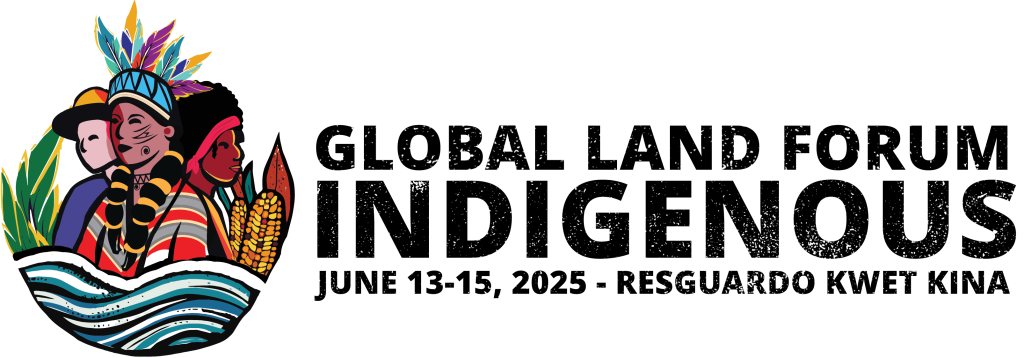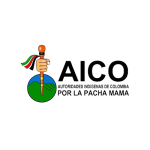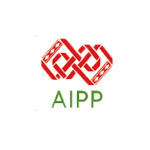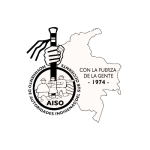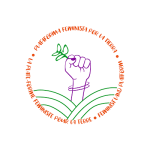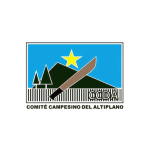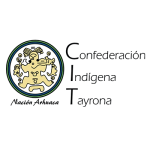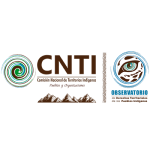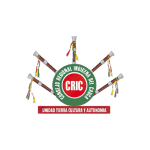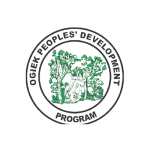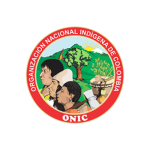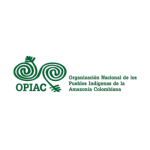PROMOTING INDIGENOUS AUTONOMY
Indigenous peoples around the world manage 25% of the planet’s land—much of which remains ecologically healthy thanks to their stewardship. Their traditional knowledge is essential for biodiversity conservation and climate resilience, yet they face major challenges such as systemic barriers to land rights recognition, violence, and environmental degradation. Despite their vital role, Indigenous communities are disproportionately affected by land grabbing, climate change, and marginalization.
In Colombia, where 115 Indigenous groups live, similar challenges persist. Although they hold collective ownership over several territories, these lands are threatened by deforestation, illegal activities, and armed conflict. Slow progress in land titling and ongoing land usurpation continue to undermine their rights to access and control land, reclaim lost territories, and decide on their development priorities and cultural survival.
In response, the Colombian government is advancing land restitution and the constitution of resguardos (Indigenous territories) through initiatives like the Land Fund for the Comprehensive Rural Reform.
Within this context, the event aims to provide a platform for Indigenous voices within broader land struggles and contribute to building movements around their land rights, ensuring the strengthening of their collective voice.
